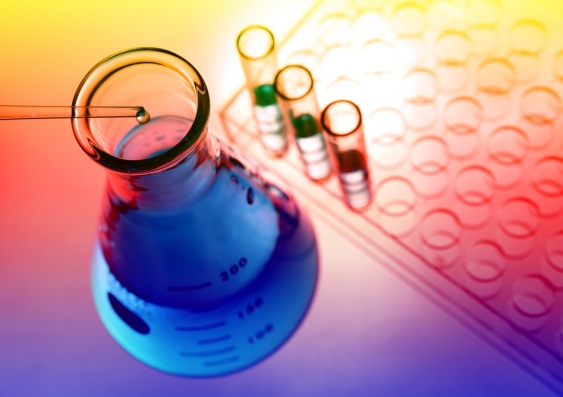Eight UNSW Sydney and UNSW-affiliated researchers have been elected Fellows of the Australian Academy of Health and Medical Sciences (AAHMS).
The researchers were among 40 new Fellows, including 19 women, announced today at the Academy’s fifth annual meeting in Perth.
The new Fellows were recognised for their outstanding contributions to the health and medical research landscape in Australia, representing a range of fields including clinical and biomedical sciences, infectious diseases, epidemiology, mental health, biomedical engineering, health economics and Indigenous health and wellbeing.
“This new group of Fellows demonstrates our Academy’s commitment to ensuring diversity of gender, professional discipline, geography and culture within the Fellowship,” said Professor Ian Frazer, outgoing President of the Academy. “Our commitment ensures our ongoing ability to advise and inform our community and our government on the impact of health and medical research, across the broad spectrum of health service delivery and community health.”
The UNSW researchers inducted as new Fellows of the AAMHS are:
- Professor Minoti Apte OAM, Professor, UNSW Medicine and Director, Pancreatic Research Group, Ingham Institute for Applied Medical Research. An internationally renowned medical researcher of pancreatic disease, Professor Apte was the first person in the world to isolate and characterise pancreatic stellate cells.
- Professor Sally Dunwoodie, Head of the Embryology Laboratory and Head of the Chain Reaction Program in Congenital Heart Disease, Victor Chang Cardiac Research Institute and Conjoint Professor, UNSW St Vincent's Clinical School. Professor Dunwoodie, a leading biomedical researcher, has dedicated her life’s work to understanding birth defects and how babies develop.
- Professor Ian Jacobs, President and Vice-Chancellor, UNSW. For 30 years, Professor Jacobs has headed a research team working on early detection and risk prediction of cancer with a focus on screening for ovarian cancer.
- Professor Stephen Jan, Head of the Health Economics and Process Evaluation Program, The George Institute for Global Health and Conjoint Professor of Health Economics, Faculty of Medicine, UNSW Sydney. Professor Jan’s research has informed decisions around investment in health programs nationally and internationally and has contributed to global conversations around universal health coverage.
- Professor Tuan Nguyen, Professor and Laboratory Head, The Garvan Institute of Medical Research and Conjoint Professor at UNSW St Vincent's Clinical School. Professor Nguyen specialises in epidemiological and genetic research and has shaped policy and practice leading to better treatment and control of osteoporosis.
- Scientia Professor George Paxinos, NHMRC Senior Principal Research Scientist, Neuroscience Research Australia (NeuRA) and UNSW Conjoint Scientia Professor of Medical Sciences. A renowned cartographer of the brain, Professor Paxinos is the author of the most cited publication in neuroscience and another 52 books of highly detailed maps of the brain.
- Professor Balasubramanian (Bala) Venkatesh, Professor and Director of Intensive Care, The Wesley Hospital, and Professorial Fellow & Conjoint UNSW Professor at The George Institute for Global Health. Professor Venkatesh is a leading intensive care specialist. His research interests focus on critical illness including the development of the idea of the "sick euadrenal state".
- Professor Mark Woodward, Professor of Medical Statistics, The George Institute for Global Health and Conjoint Professor of Medical Statistics at UNSW Sydney. Professor Woodward’s work on cardiovascular risk has formed the basis of national guidelines in Scotland, and his recent work on kidney disease was used to produce new staging criteria for this disease.
Professor Nicholas Fisk, UNSW’s Deputy Vice-Chancellor, Research applauded the new Fellows and emphasised their diversity of talent across health and medical science.
“The new Fellows showcase UNSW’s strong links with the nation’s top hospitals and medical research institutes and our dominant footprint in the nation’s biomedical ecosystem, now with 14% of the nearly 400 fellows Australia wide," Professor Fisk said.
